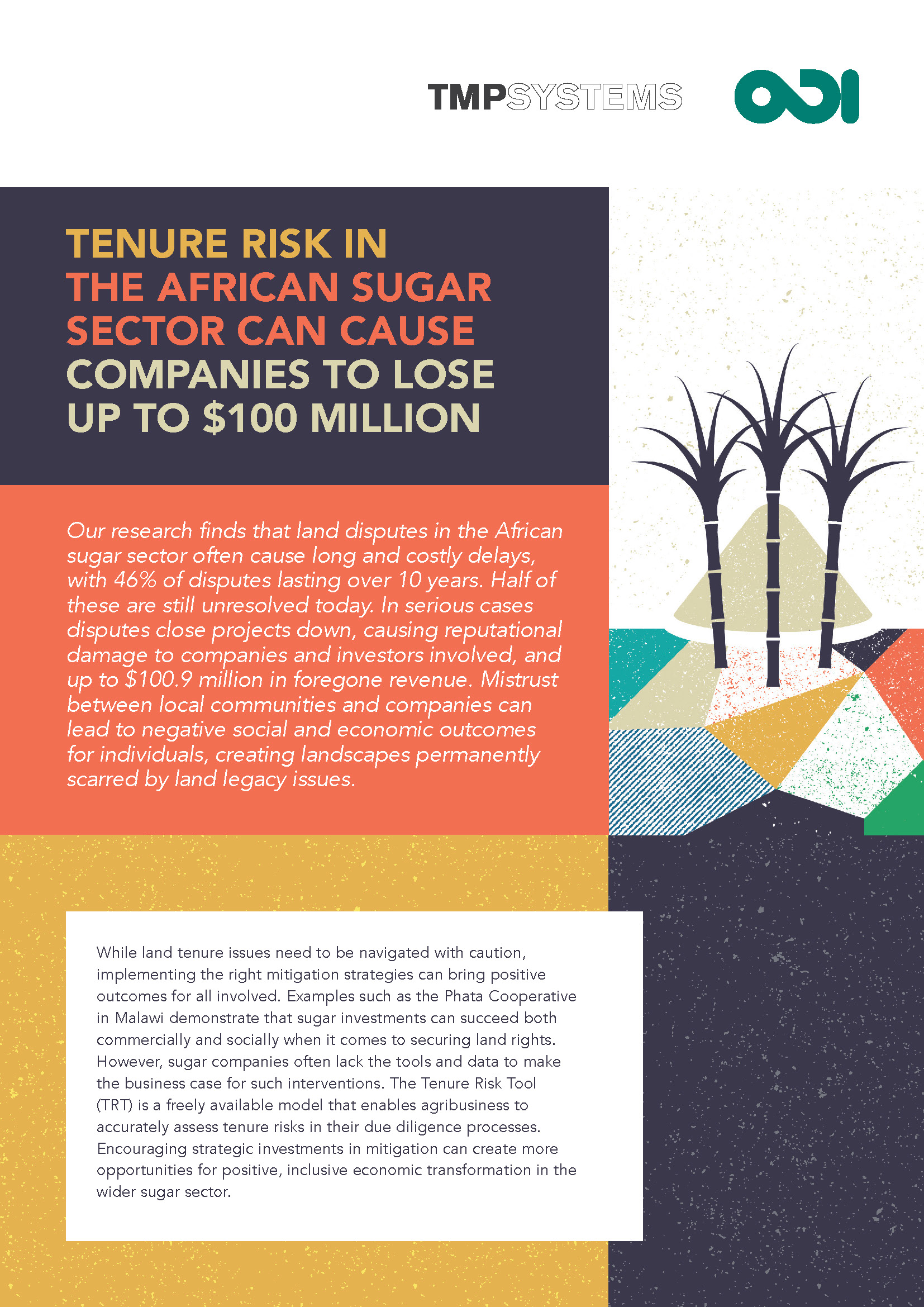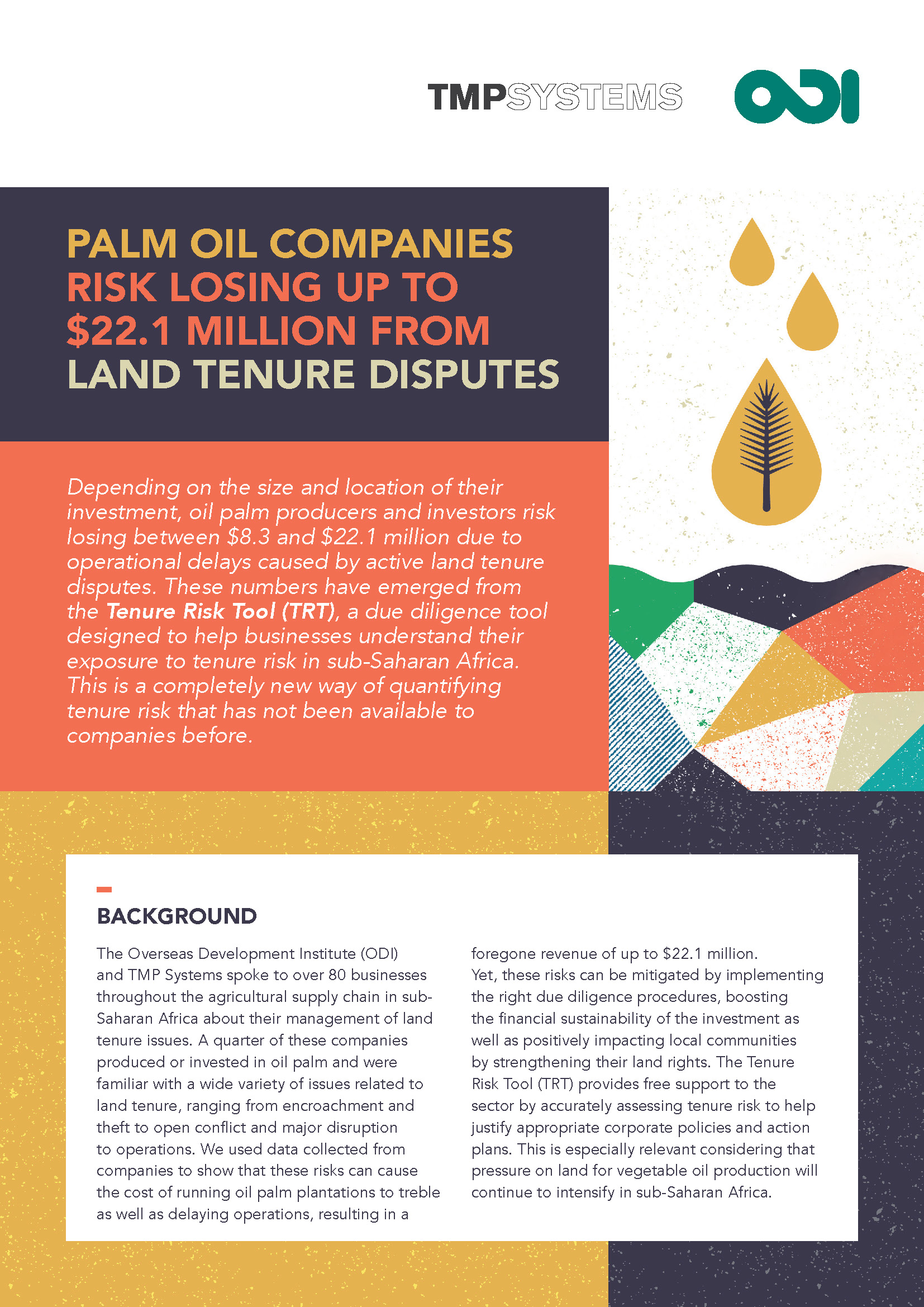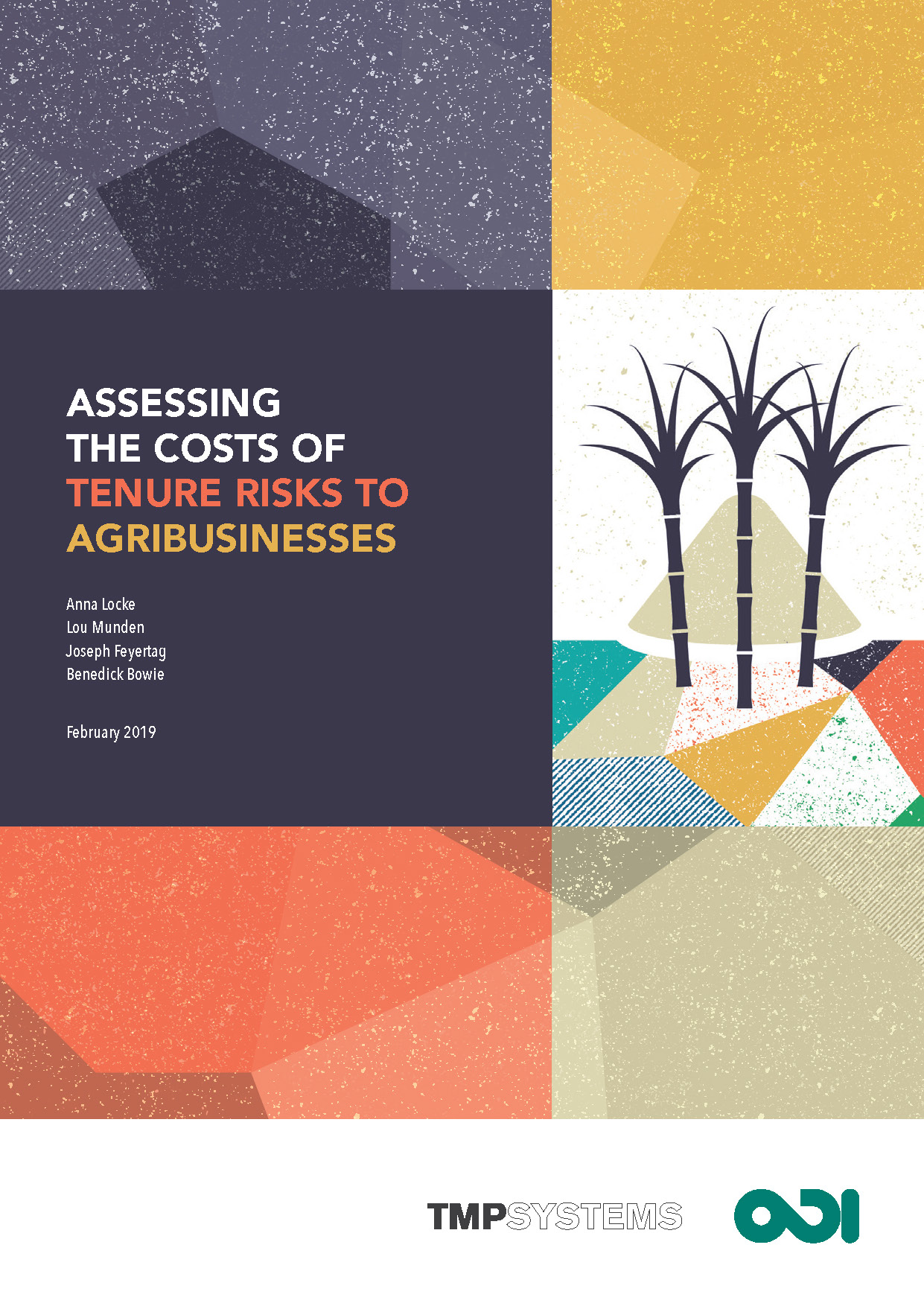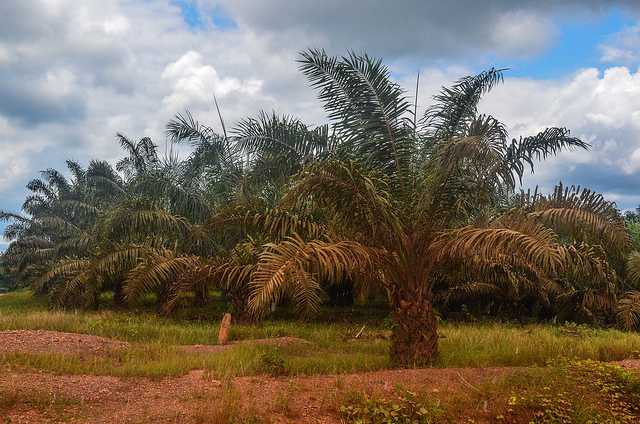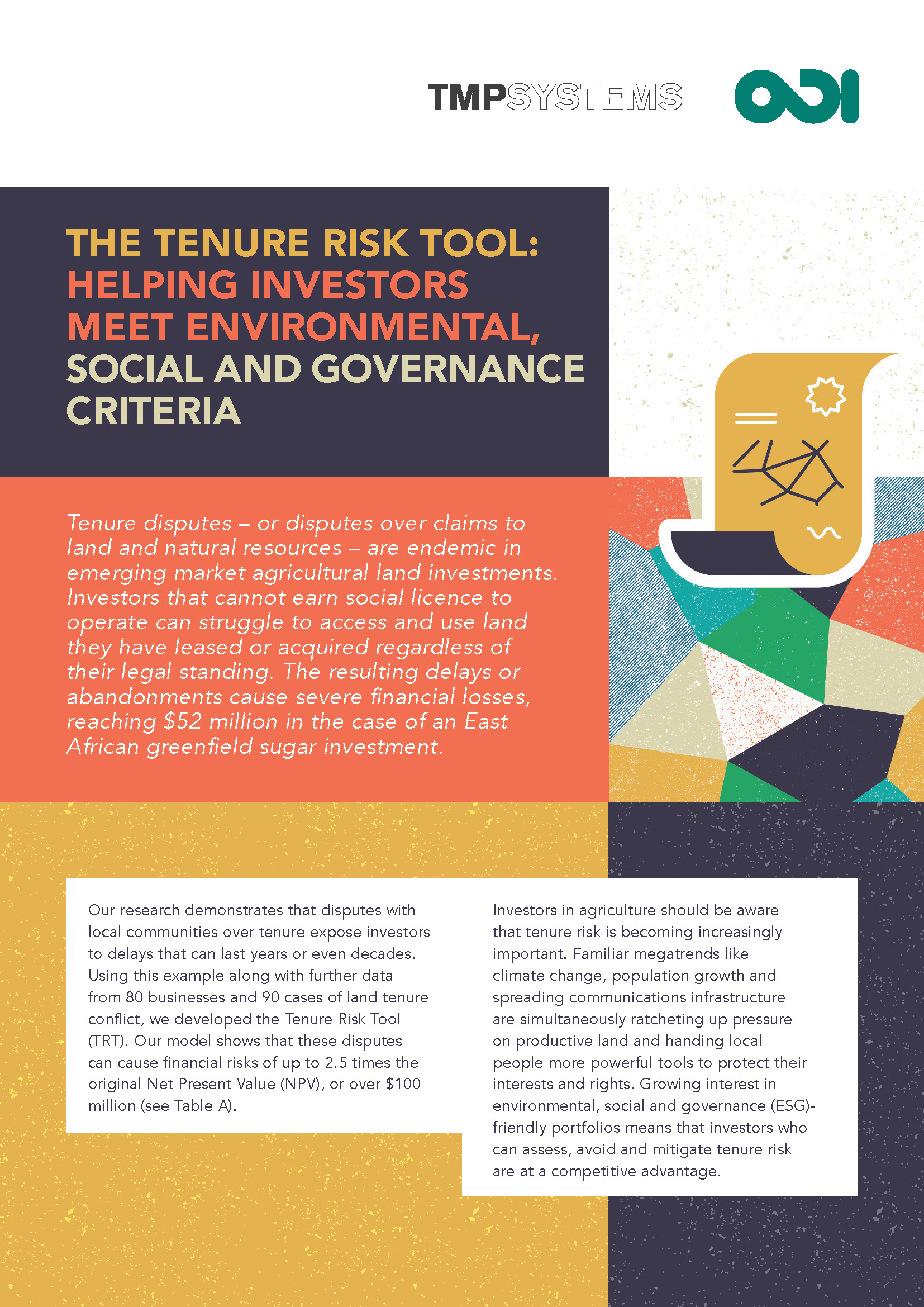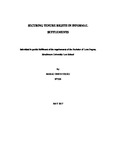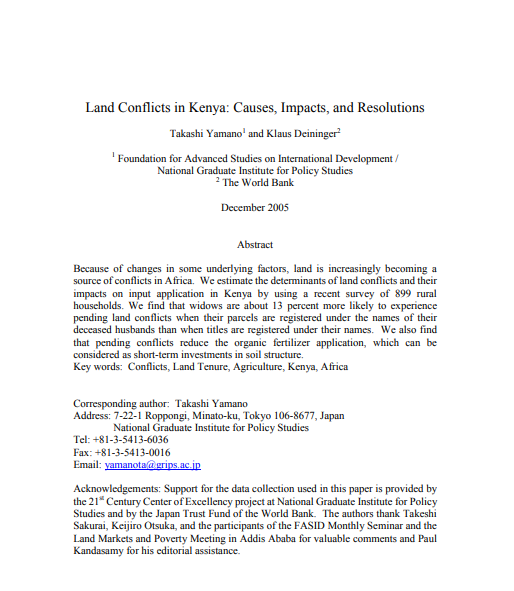dispute foncière
AGROVOC URI:
Palm oil companies risk losing up to $22.1 million from land tenure disputes
Assessing the costs of tenure risks to agribusinesses
Tenure risk – or the risk of dispute between investors and local people over land or natural resource claims – is endemic in emerging markets. There are hundreds of recorded incidents of tenure disputes creating delays, violence, project cancellation and even bankruptcy at a corporate level. These tenure disputes create lose-lose outcomes for investors, local people and national governments while robbing emerging markets of the developmental benefits of responsible land investments.
QTR Tenure Risk Tool
New research by the Quantifying Tenure Risk (QTR) initiative has revealed that land disputes can cause losses of up to $101 million across a range of agricultural projects in Africa, while at the same time causing significant harm and stress to local communities who have a claim to the land.
In response, the initiative has developed a new publicly available economic modelling tool to accurately determine the potential cost of a dispute in a bid to help companies avoid harmful investments.
The Tenure Risk Tool: helping investors meet environmental, social and governance criteria
Mekong Land Research Forum: Annual country reviews 2018-19
The Annual Country Reviews reflect upon current land issues in the Mekong Region, and has been produced for researchers, practitioners and policy advocates operating in the field. Specialists have been selected from Cambodia, Laos, Myanmar, Thailand and Vietnam to briefly answer the following two questions:
1. What are the most pressing issues involving land governance in your country?
2. What are the most important issues for the researcher on land?
New team to resolve dispute over online land transactions
A stalemate over activation of an online platform that may exclude lawyers from the multi-billion shilling land conveyancing business has been referred to a soon-to-be formed taskforce.
INTERNALLY DISPLACED PERSONS
According to the United Nations Guiding Principles on Internal Displacement (1996), “Internally displaced persons (IDPs) are persons or a group of persons who have been forced or obliged to flee or to leave their homes of habitual residence, in particular as a result of or in order to avoid effects of armed conflict, situation of generalised violence, violations of human rights or natural or human-made disasters, and who have not crossed an internationally recognised State border”. There are more IDPs in the world than refugees.
Forced Evictions in Kenyan Cities
Forced evictions are widespread in Kenyan cities and are, on the surface, caused by conflicts in land rights, non–payment of excessive land and house rents, and urban redevelopment. But, more fundamentally, evictions are due to factors embedded in the country’s political economy, in particular, the grossly inequitable land ownership structure which makes it difficult for the poor to access land and decent shelter. Evictions cause significant socioeconomic hardship to individuals, affecting cities and whole nations.
The Politics of Displacement in Kenya
Africa has half of the world’s 25 million internally displaced persons (IDPs). These IDPs are citizens displaced by development projects, natural disasters or violence. Violence, linked to civil war or repression, is the predominant cause of displacement. As respected Kenyan lawyer Makau wa Mutua emphasizes, bad government is at the root of this tragedy “with the most repressive governments producing the largest numbers of IDPs”.[1]
Securing tenure rights in informal settlements
The Constitution of Kenya provides that every citizen has the right to property. The provision ensures that an individual or group of people that acquire land have the protection to own this property if acquired lawfully. Individuals living in informal settlements then have a right to have property when acquired through proper means. Even though there are processes in progress to address the issue of securing tenure rights in informal settlements by the government.
Land conflicts in Kenya: causes, impacts, and resolutions
Because of changes in some underlying factors, land is increasingly becoming a source of conflicts in Africa. We estimate the determinants of land conflicts and their impacts on input application in Kenya by using a recent survey of 899 rural households. We find that widows are about 13 percent more likely to experience pending land conflicts when their parcels are registered under the names of their deceased husbands than when titles are registered under their names.

